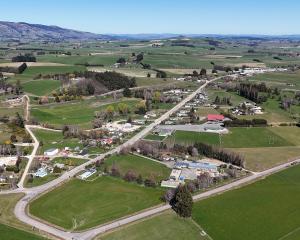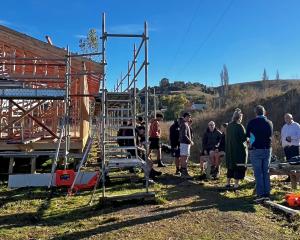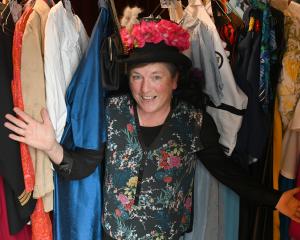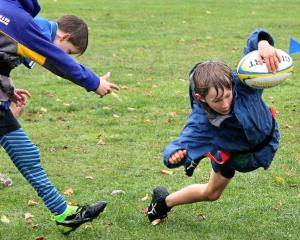
A quick change in the face of inclement weather saw the essential snorkeling skills seminar shift from from a spot along the local coast to Owaka Community Pool.
"Snorkeling opens a whole different world for you to explore but it is pretty intimidating," 13 year-old trainee Matthew Brook said.
"For starters you can’t even breathe, plus there’s forces in the water you can’t control no matter how strong you are, like currents and temperature and pressure."
Some of the trainees were new to snorkeling but others were experienced divers keeping up with best practice at the free, three-hour course.
"As sports like free-diving develop, we’re getting incredible new data on the body’s ability to hold breath and perform under high pressure in deep water," Dive Otago instructor Virginia Watson said.
Trainees learned to calculate weight-belts to float at eye level with empty lungs and that it is better to carry no weight than be slightly too heavy.
Modern practice recommends removing the snorkel from the mouth as swimmers duck-dive to forage and explore.
"As you get good at snorkeling and diving, your confidence can grow very fast," workshop co-founder Peter McNabb said in his short welcome address.
"You get better and better at doing more and more on a single breath until one day maybe you just push it too far with not enough in the tank and you black-out underwater."
"Shallow water blackout" is a common cause of diving mishaps and presumed to be a factor in the drowning of Mr McNabb’s son Baden, an experienced snorkeler, seven years ago.
Ms Watson said: "If you do blackout underwater, your body is quite good at taking care of you.
"Your lips will seal and your body will surface, but a snorkel in your mouth is just a pipe that’s going to fill your mouth and lungs with water."
For most of the workshop, trainees paired up to practice a diligent one-up-one-down buddy system, where divers pair up and keep constant eyes on each other with an agreement to always err on the side of caution.












